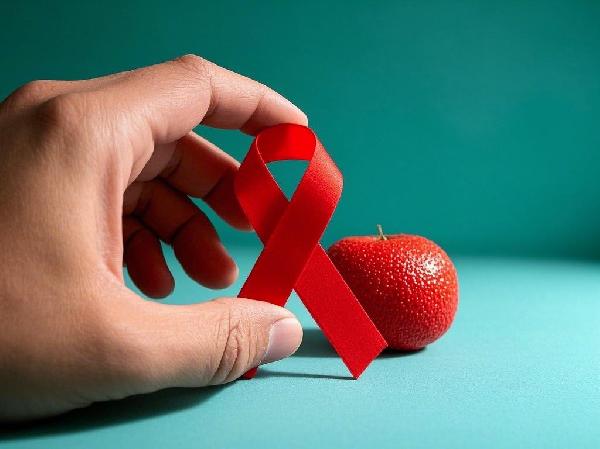The 7-year itch is a real phenomenon, but it’s not as dramatic as pop culture makes it out to be. It’s more of a metaphorical term describing a phase in relationships where couples might feel a dip in passion or face challenges around the 7-year mark. This doesn’t mean every relationship is doomed—it’s just a natural part of the ebb and flow of long-term partnerships. Let’s dive into what actually happens in relationships after 7 years and how to navigate this phase like a pro.

Research suggests that the 7-year itch isn’t just a myth. Studies have shown that relationship satisfaction tends to decline after the initial honeymoon phase, which typically lasts about 2-3 years. By the 7-year mark, couples often face external stressors like career pressures, parenting responsibilities, or financial strains. These factors can create distance or tension, making it feel like the spark is fading. But here’s the kicker: this phase is completely normal and doesn’t mean the relationship is failing. It’s more about recalibrating and finding new ways to connect.
Around the 7-year mark, couples often hit a plateau. The initial excitement of getting to know each other has worn off, and routines have set in. You might find yourself thinking, “Is this it?” or wondering if the grass is greener elsewhere. This is where the itch comes in—it’s a mix of restlessness and curiosity about what’s beyond your current relationship. But before you start packing your bags, remember that this phase is an opportunity for growth. It’s a chance to reevaluate your relationship and invest in making it stronger.
Every relationship is unique, but there are some common challenges that tend to pop up around the 7-year mark. Communication can become less frequent or more transactional, especially if life gets busy. Intimacy might take a backseat as priorities shift to work, kids, or other responsibilities. Additionally, unresolved conflicts or unmet needs can resurface, creating tension. The key is to recognize these challenges early and address them head-on. Ignoring them only makes the itch worse.
If you’re feeling the 7-year itch, don’t panic—there are plenty of ways to reignite the spark. Start by carving out quality time for each other, even if it’s just a weekly date night. Try new activities together to break the monotony and create shared experiences. Open up about your feelings and listen to your partner’s perspective without judgment. Small gestures, like leaving a sweet note or surprising them with their favorite treat, can also go a long way. Remember, it’s the little things that keep the connection alive.
Sometimes, the 7-year itch can feel overwhelming, and that’s okay. If you’re struggling to reconnect or feel stuck in a rut, seeking professional help can be a game-changer. Couples therapy isn’t just for relationships on the brink of collapse—it’s a proactive way to strengthen your bond and learn new tools for navigating challenges. A therapist can help you communicate more effectively, resolve conflicts, and rediscover what brought you together in the first place. Don’t be afraid to ask for help—it’s a sign of strength, not weakness.
Believe it or not, the 7-year itch can actually be a good thing. It’s a wake-up call to invest in your relationship and prioritize each other. Many couples who navigate this phase successfully come out stronger and more connected than ever. It’s a reminder that relationships require effort and that love evolves over time. Instead of fearing the itch, embrace it as an opportunity to grow together and create a deeper, more meaningful partnership.
The 7-year itch is real, but it’s not the end of the road. It’s a natural phase that many couples experience, and with the right mindset and effort, it can be a turning point for the better. Whether you’re in the thick of it or approaching the 7-year mark, remember that every relationship has its ups and downs. The key is to stay committed, communicate openly, and keep the love alive. After all, the best relationships are the ones that grow and evolve over time.
























